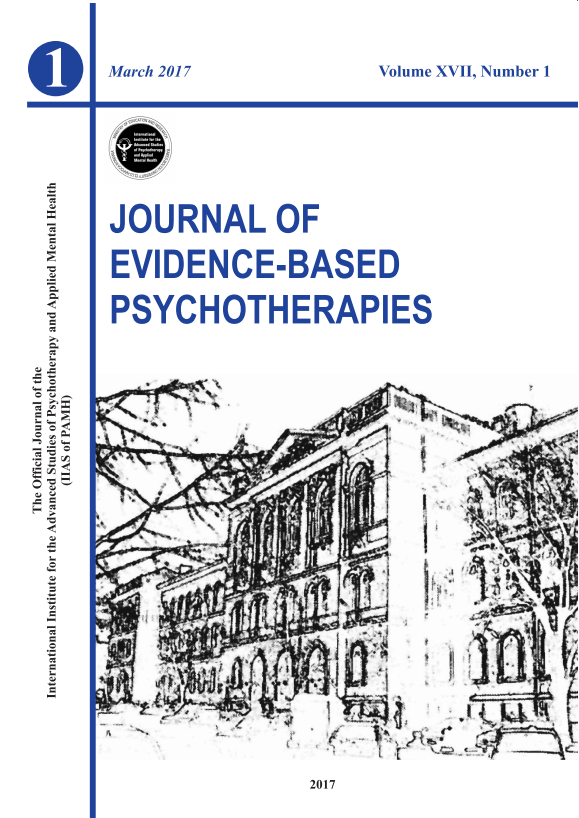Raluca IGNA* & Simona ȘTEFAN
Babeș-Bolyai University, Cluj-Napoca, Romania
Abstract
Mindfulness has been poorly investigated in relation to several forms of cognitive strategies. Hence we wanted to see if mindfulness obtains similar results as reappraisal, imagery and rational statements, in terms of emotional response (reduced level of negative emotions and distress) and negative automatic thoughts (reduced level of negative automatic thoughts). A total of 177 participants (154 female and 23 male) undergraduate students took part in the experiment. Participants were randomly assigned to one of the five experimental conditions (mindfulness, reappraisal, imagery, rational statements, irrational statements) and exposed to very distressful images (IAPS). Results have shown significant differences only between reappraisal and irrational and almost significant between mindfulness and irrational statement, meaning that these two strategies might incorporate protective factors on how people perceive stressing or distressing situations. Other conclusions and implications are discussed in the text.
Keywords: emotional distress, emotion regulation, cognitive strategies, mindfulness
